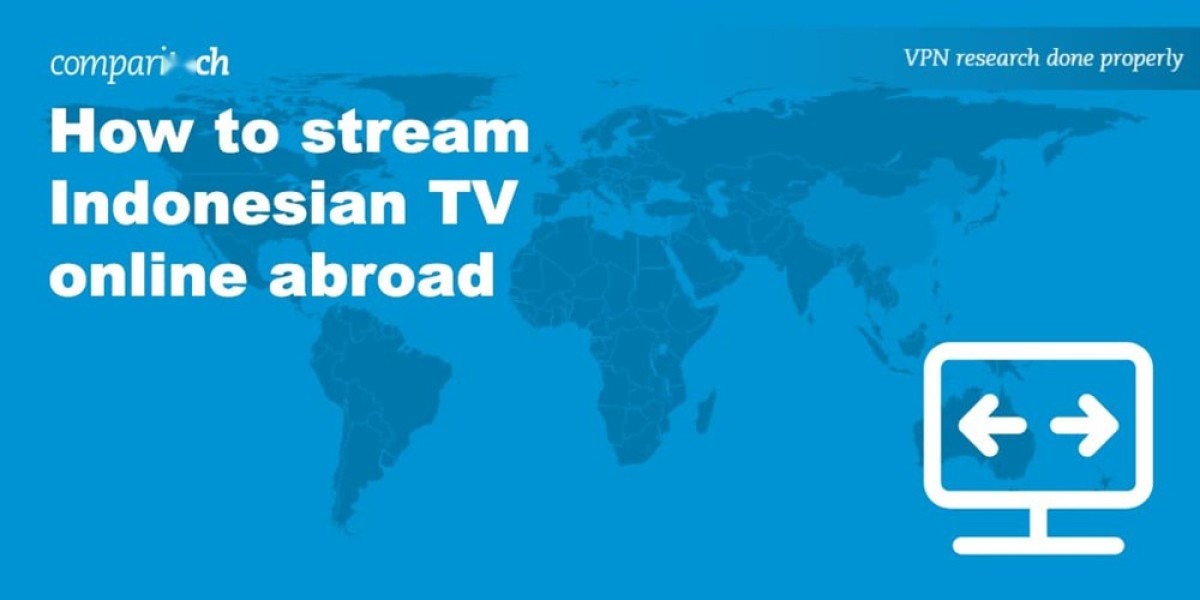Introduction
Dubai continues to be one of the most attractive destinations for entrepreneurs and investors worldwide. Its world-class infrastructure, robust legal framework, and investor-friendly policies make it a global hub for business. One of the first and most important decisions when starting a company here is choosing the right jurisdiction for your business — mainland or free zone.
This decision is critical because it affects business ownership, operational flexibility, licensing requirements, and costs. Understanding the advantages and limitations of each option can help entrepreneurs build a stronger foundation for success. In this article, we explore the key differences between mainland and free zone setups, highlighting insights, challenges, and practical guidance for business formation in Dubai.
Understanding Dubai’s Business Jurisdictions
Dubai offers two primary options for business formation — mainland and free zone. Each provides distinct advantages tailored to different business needs and objectives.
A dubai bank account is often a fundamental requirement for both setups, and the choice of jurisdiction can influence banking procedures, regulatory obligations, and operational flexibility. Mainland companies allow businesses to operate anywhere in the UAE and trade directly with the local market without restrictions. This setup also offers a broader scope of permitted activities but may require a local sponsor or partner depending on the business type.
Free zone companies, on the other hand, offer full foreign ownership and attractive tax benefits. They are ideal for businesses primarily focused on exports or operating internationally. However, they often restrict trade directly within the UAE outside their zone without additional licensing. Choosing between mainland and free zone requires careful consideration of your business model, target market, and long-term goals.
Key Insights into Dubai’s Mainland and Free Zone Structures
Dubai has more than 30 free zones, each catering to specific industries such as technology, media, finance, logistics, and healthcare. These zones are designed to streamline business operations with tailored licensing, shared infrastructure, and simplified procedures. Free zones also offer significant advantages such as 100% foreign ownership, tax exemptions, and full repatriation of profits.
Mainland companies, regulated by the Department of Economic Development (DED), offer broader operational flexibility, allowing businesses to trade directly in the UAE market and bid for government contracts. However, they may require a UAE national as a partner or service agent, depending on the activity and legal structure.
Selecting the right setup should align with your operational requirements and growth strategy. Factors such as licensing cost, business activity, market access, and compliance obligations must be evaluated before making a decision.
Overcoming the Challenges of Registration and Compliance
The uae business registration process is one of the key challenges entrepreneurs face when establishing a business in Dubai. Both mainland and free zone setups involve a set of procedures that require precise documentation, adherence to regulations, and payment of fees.
For mainland companies, the process involves obtaining initial approvals from the DED, drafting a Memorandum of Association (MOA), and securing trade licenses. Free zone registration involves choosing the right zone, obtaining pre-approvals, and finalizing licensing requirements with the zone authority.
Each process has its own set of legal, financial, and operational requirements. Without proper knowledge, this can lead to delays and unnecessary costs. Entrepreneurs are advised to consult professional services to navigate these complexities efficiently and ensure their business starts on solid footing.
Practical Guidance for Choosing the Right Setup
Choosing between mainland and free zone requires a clear understanding of your business needs. Here are some practical tips to guide the decision:
Assess Business Activity: Ensure the chosen jurisdiction allows your specific business activity without restrictions.
Consider Market Access: Mainland companies offer unrestricted access to the UAE market, while free zones often focus on export and international trade.
Evaluate Costs: Compare licensing, registration, and operational costs for both setups.
Understand Compliance Requirements: Each jurisdiction has its own regulatory framework — ensure you can meet them efficiently.
Seek Professional Advice: Work with expert consultants to identify the best structure based on your goals.
By following these steps, entrepreneurs can confidently choose the setup that best aligns with their business strategy in Dubai.
Final Words
Dubai’s dynamic business environment offers multiple pathways for entrepreneurs to establish their companies. Choosing between mainland and free zone setups is a pivotal decision that will influence the scope, compliance, and growth of your business. A strong understanding of the dubai bank account requirements and the uae business registration process is essential to making the right choice.
With strategic planning and expert guidance, business owners can leverage Dubai’s unique advantages to build successful, future-ready enterprises that thrive in the UAE and beyond.








